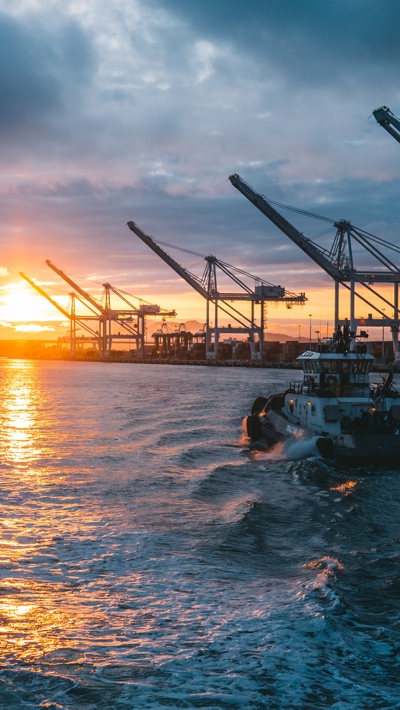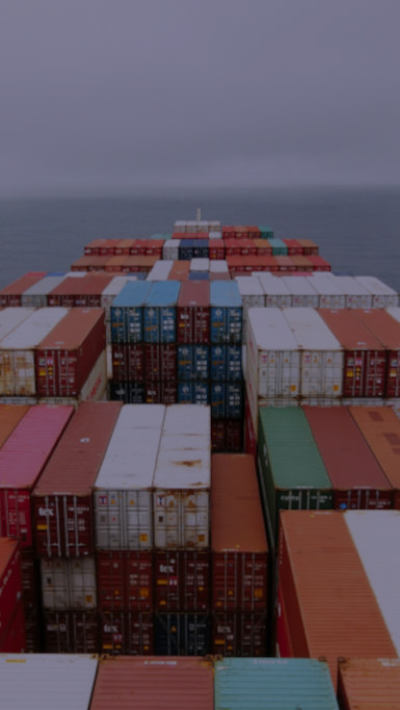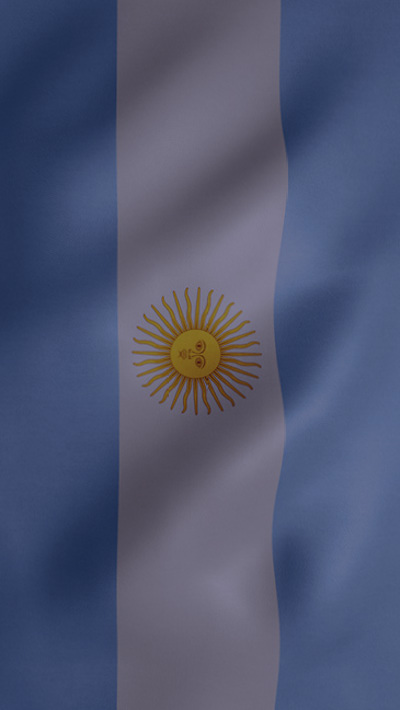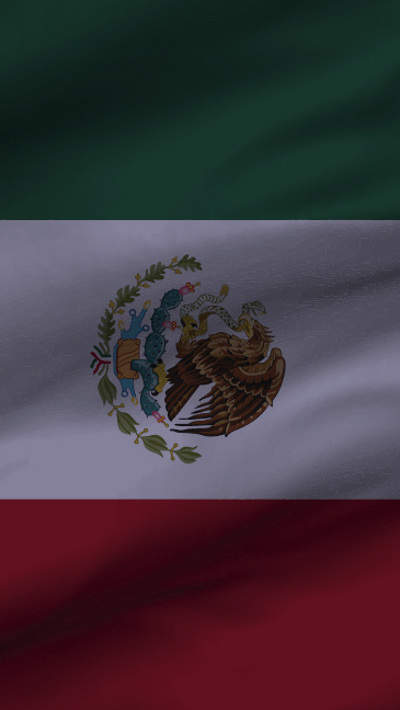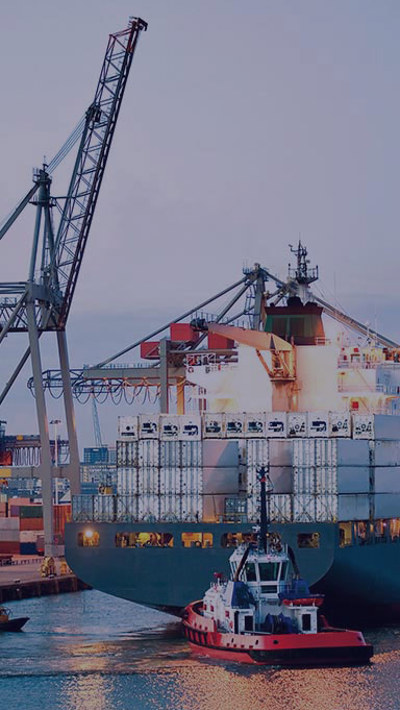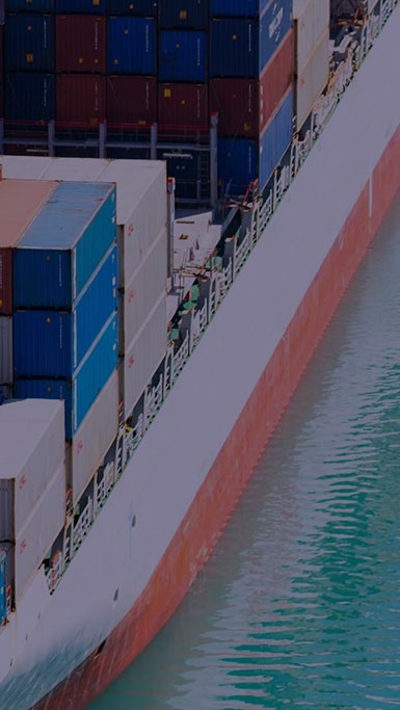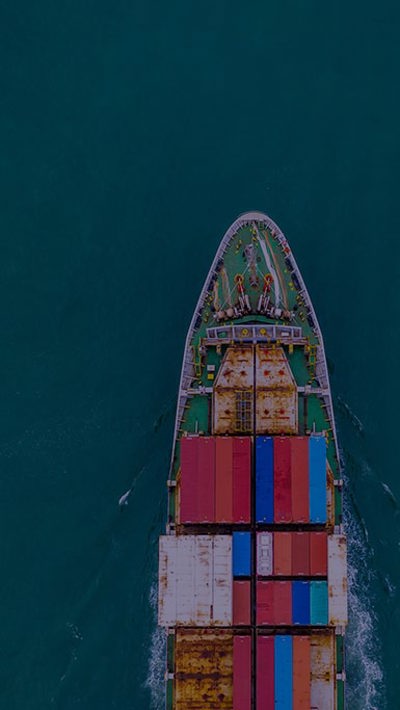Speak to our experts
Contents
The new World Trade Organisation (WTO) Director General, Ngozi Okonjo-Iweala, has called for completion this year of negotiations for an agreement to put global fishing on to a more sustainable footing.
WTO Members are aiming to achieve this through rules prohibiting fisheries subsidies that contribute to overcapacity, overfishing, and illegal, unreported and unregulated (IUU) fishing. Members had hoped to reach agreement last year but failed to do so. Sights are now on completion this year. To this end, on 3 May, the Chair of the Negotiation, Colombia’s Ambassador Santiago, presented a compromise text to form the basis of discussions leading up to the forthcoming July 15 virtual ministerial meeting.
Status of compromise text
The text, which reflects the collective work of the Negotiating Group to date, is without prejudice to Members’ positions, meaning that the entire document is effectively in “mental square brackets” and nothing is agreed until everything is.
Square brackets are used in some places, including to indicate particular areas of disagreement where there are choices between alternative texts or a choice has to be made as to whether text should be kept or not.
Key elements
- Scope: The disciplines would apply to subsidies, within the meaning of Articles 1.1 and 2 of the Subsidies and Countervailing Measures (SCM) Agreement, to marine wild capture fishing and fishing related activities at sea. It would also apply to fuel subsidies to fishing and fishing related activities at sea that are not specific within the meaning of Article 2 of the SCM Agreement.
- Provisions on illegal, unreported and unregulated (IUU) fishing: Any subsidy to a vessel [or operator] engaged in IUU fishing would be prohibited under Article 3. IUU fishing would be found to exist where an affirmative determination is made by one of the entities and in the circumstances set out in Article 3.2. Those entities are: (a) a coastal Member, for activities in waters under its jurisdiction; (b) a flag State Member, for activities by vessels flying its flag; or (c) a relevant Regional Fisheries Management Organization or Arrangement (RFMO/A). An “affirmative determination” refers to the final finding by a Member and/or the final listing by an RFMO/A that a vessel [or operator] has engaged in IUU fishing. One particular issue that remains for discussion in this regard is whether the final findings of IUU fishing made by a competent national authority should be fully respected and taken at face value for triggering the subsidy prohibition.
- Subsidies concerning overfished stocks: Under Article 4, subsidies for fishing or fishing related activities regarding an overfished stock would be prohibited. Overfishing exists where it is recognized as such by “the coastal Member under whose jurisdiction the fishing is taking place or by a relevant RFMO/A based on best scientific evidence available to it”. Subsidies would be allowed if they are implemented to promote the rebuilding of the stock to a biologically sustainable level.
- Subsidies concerning overcapacity and overfishing: Subsidies to fishing or fishing related activities that contribute to overcapacity or overfishing would be prohibited under Article 5. The compromise text seeks to provide a balance by only applying the prohibition when subsidies are shown to have caused negative effects on fisheries resources. Section 5 contains a list of presumptively prohibited types of fisheries subsidies, along with a provision that would permit such subsidies to be provided where measures are in place to maintain fish stocks at a biologically sustainable level. The Chair describes this not as an exemption from the main prohibition but as a “sustainability-based flexibility”. The Article contains a non-exclusive list of subsidies, which include those related to the: construction, acquisition, modernisation, renovation or upgrading of vessels; purchase of machines and equipment for vessels; purchase/costs of fuel, ice, or bait; and costs of personnel, social charges, or insurance.
Article 5 also explicitly addresses fishing beyond a Member’s jurisdiction. It would prohibit subsidies contingent upon, or tied to, “actual or anticipated fishing or fishing related activities in areas beyond the subsidizing Member's jurisdiction”, as well as subsidies “provided to fishing or fishing related activities outside of the jurisdiction of a coastal Member and outside the competence of a relevant RFMO/A”, and (in square brackets) those for a vessel “not flying the flag of the subsidizing Member”.
- Special and differential treatment for developing and least-developed countries: This has been a particular sticking point in the negotiations to date. Articles 3, 4 and 5 certain carve-outs or exemptions for developing and least-developed countries. Much of the text of these carve-outs has been square-bracketed, indicating areas of disagreement.
- Technical assistance and capacity building: Article 7 (square bracketed in full) would require developed country members, and developing country Members declaring themselves in a position to do so, to provide targeted technical assistance and capacity building assistance to developing country members for the purpose of implementing the Agreement’s disciplines.
- Notification and transparency: Article 8 would require Members to provide prescribed information as part of its regular notification of fisheries subsidies; and to make prescribed notifications, including of vessels and operators that it has determined as having been engaged in IUU fishing.





